Globalance Bank
Overcoming the conflict between profit and sustainability
Can we overcome the conflict between profit and sustainability?

This amazing story begins in the 1980s at the University of Zurich. The young Reto Ringger is studying economics and is curious: he is taught, there are four factors of production in the economy that make the system work: labour, capital, companies and land. Land includes so-called ‘free goods’ such as oceans, soil or forests which can be used at no cost.
However, none of the professors seem to deem it necessary to protect these factors of production with regards to a well-functioning economy. Viewed with common sense, this revealed an Achilles’ heel of the economic system, but a sober view of the facts clearly didn’t fit in with the party mood on the stock exchanges during the Reagan and Thatcher era.
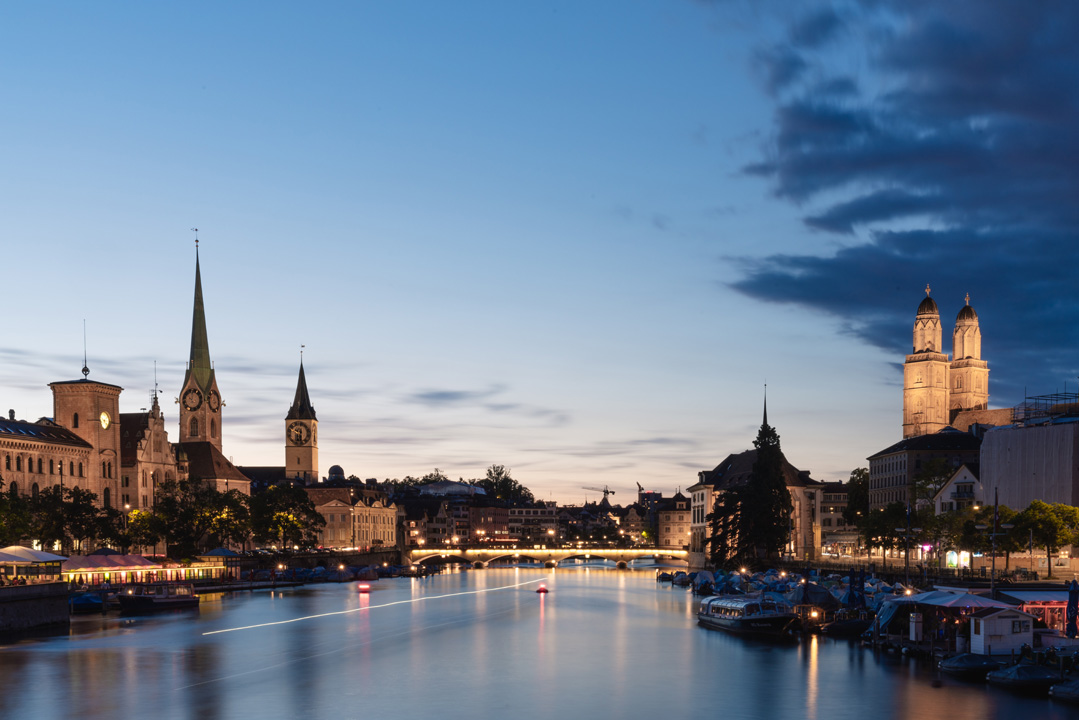
With his studies completed, Ringger entered the conventional world of finance and worked for various reputable banks in Switzerland until 1995, when he founded something rather exotic: an asset management company for sustainable investment, the so-called SAM (Sustainable Asset Management) Group.
A little later, Reto Ringger and his colleagues took an even more exotic next step. Having found a sympathetic ear among their powerful colleagues at Dow Jones in New York, they convinced them to develop the very first sustainability index, the Dow Jones Sustainability Index.
The idea: the best 10% of each industry, measured by sustainability performance, are included in the DJSI and traded in different products. The DJSI North America, for example, includes 600 of the largest North American companies of the Dow Jones Global Index.
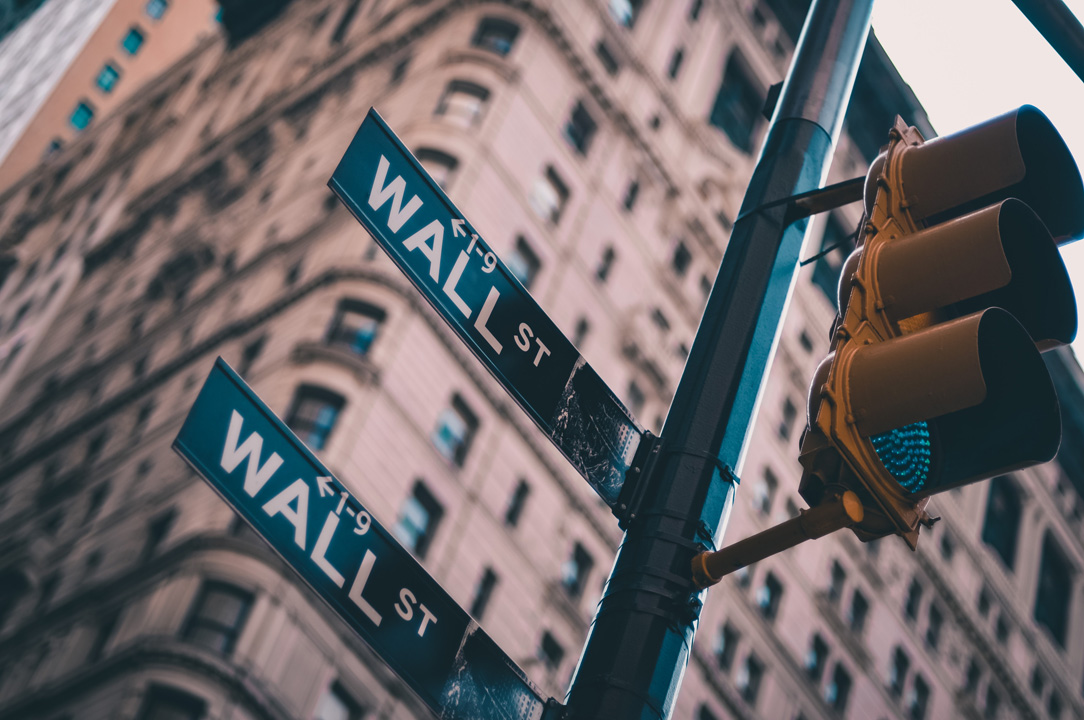
While this sounds good at first, it deliberately doesn’t ensure the exclusion of companies that act particularly irresponsibly. “After all, we don’t want to close the door on any industry or company, but rather create incentives to do better. That’s the only way to manage it,” says Ringger.
In 1998, he finally succeeded in convincing his colleagues at Dow Jones. “We were still quite naïve at the time, but full of enthusiasm, and that convinced them,” Ringger recalls. Tennis matches with the decision-makers helped things along, while gifts of personally bought Swiss cheese also served as lubricant for smoother persuasion.


Twenty-two years later, the world looks completely different, and the young sustainability pioneer of the financial world is now CEO of Globalance Bank. Reto Ringger established the bank in 2011 and has continuously expanded ever since. But even in its tenth year of existence, the bank with its focus on sustainable and future-oriented investments remains a lone player in the financial market. A fact that can’t really be explained by common sense.
“Unlike other industries such as the car industry, for example, the banking industry is still a slow mover. It is still all about short-term investing. That is deeply embedded in the culture of most banks and asset managers and will not disappear overnight,” says Ringger. Nevertheless:
“We are currently at a tipping point where the markets and investors are realizing that this supposed conflict between profit and sustainability is disappearing. More and more investors acknowledge that investing in companies that do not have a long term strategy in sustainability will be very risky.”
But it’s not only investors who are rethinking, a changing mindset is also visible in the recruitment of new employees. “I have noticed during job interviews in recent years that more and more applicants raise questions about aspects like the purpose and meaningfulness of what we do. In this respect sustainability, transparency and a clear purpose are very important.”
Speaking of transparency. When Reto Ringger was invited as a guest speaker at a marketing some years ago, he felt inspired to develop an idea that his bank today confidently calls ‘the Google Earth for investors’.
The previous speaker, an entrepreneur in the fashion industry, proclaimed that ideally every item of clothing should provide information on where it was produced, by whom and under which conditions, in order to ensure greater transparency for the consumer.
“That was the initial spark for me. I realised that transparency would be a key success factor in my market, too. That was the starting point for the Globalance World tool, which we just launched.”
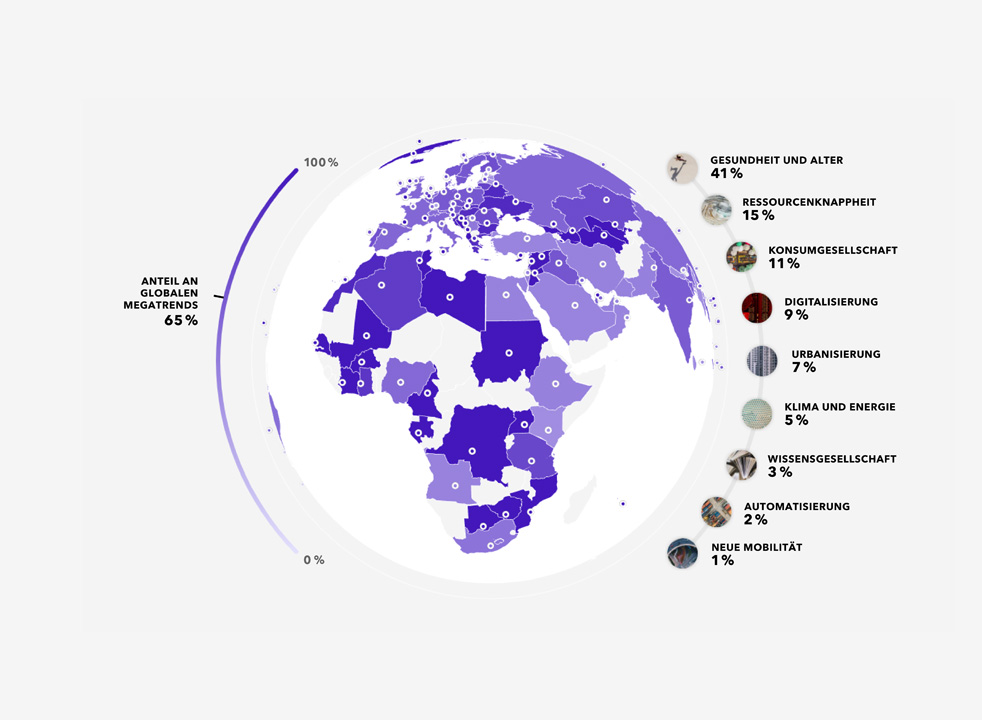
In fact, the tool, which is partially also available to non-customers, is an interactive, digital world map that visualises in real-time how sustainable, future-proof and profitable individual invests and portfolios are. At its core, it is ultimately about the most relevant factor of all economic activity in our times: the warming effect.
The tool calculates a temperature value for each portfolio that indicates the level of climate change to which the current activities of the individual emitters are geared. For the calculation, the values of the individual assets are capital-weighted and added together – in the context of the 2°C climate stabilisation scenario.
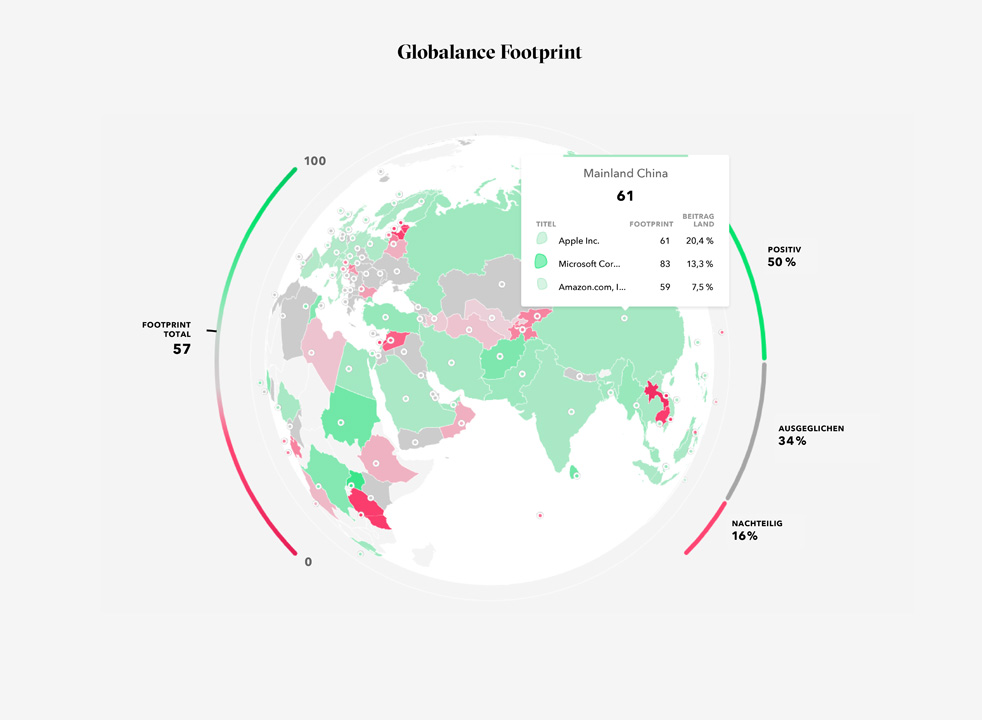
Finally, we want to know whether he’s getting tired of still having to do the convincing after all these years.
Ringger explains, “in five years at the latest, the financial system as it exists today will no longer function. Long-term thinking and shareholder value are now no longer opposites, but prerequisites for each other.“
There it is again: common sense – hopefully.


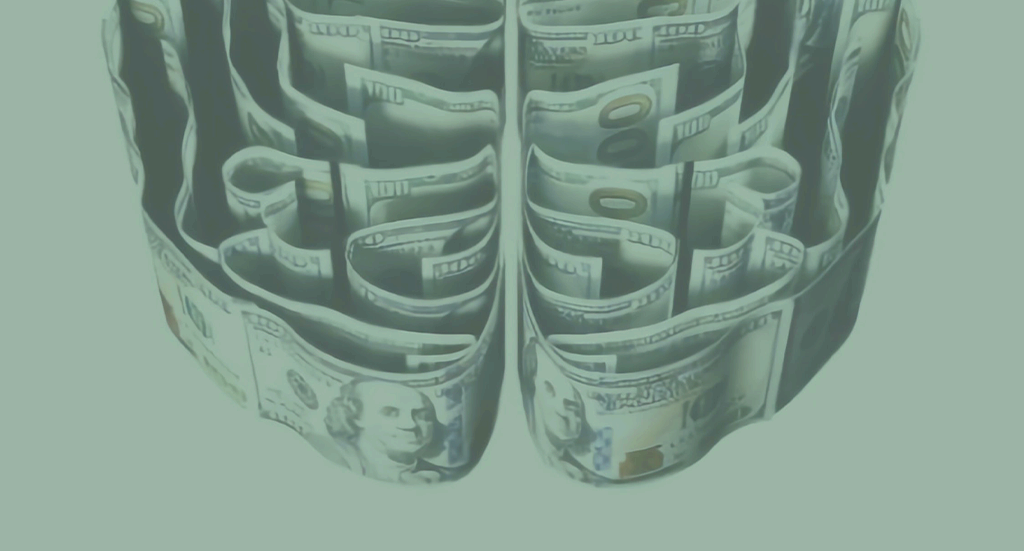


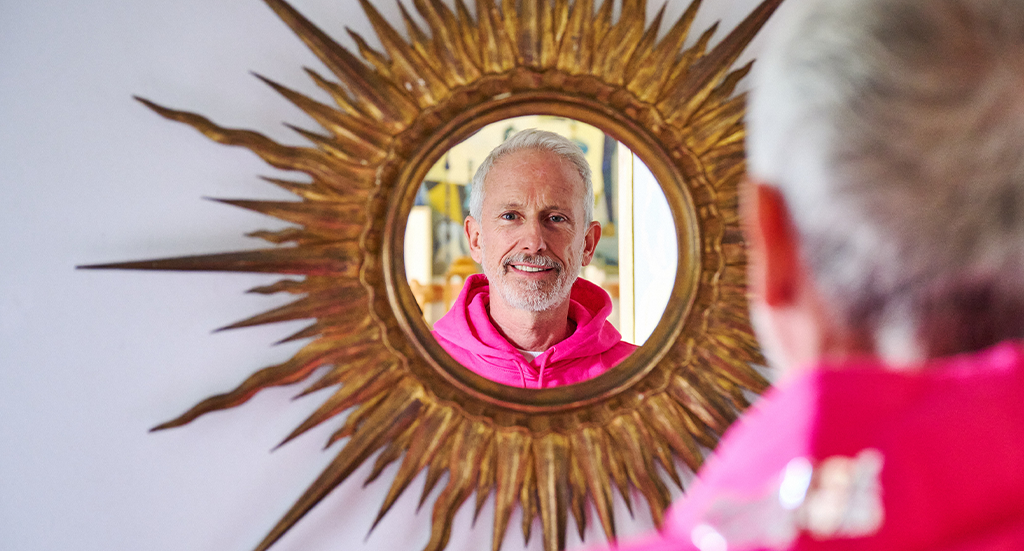

Join our Community